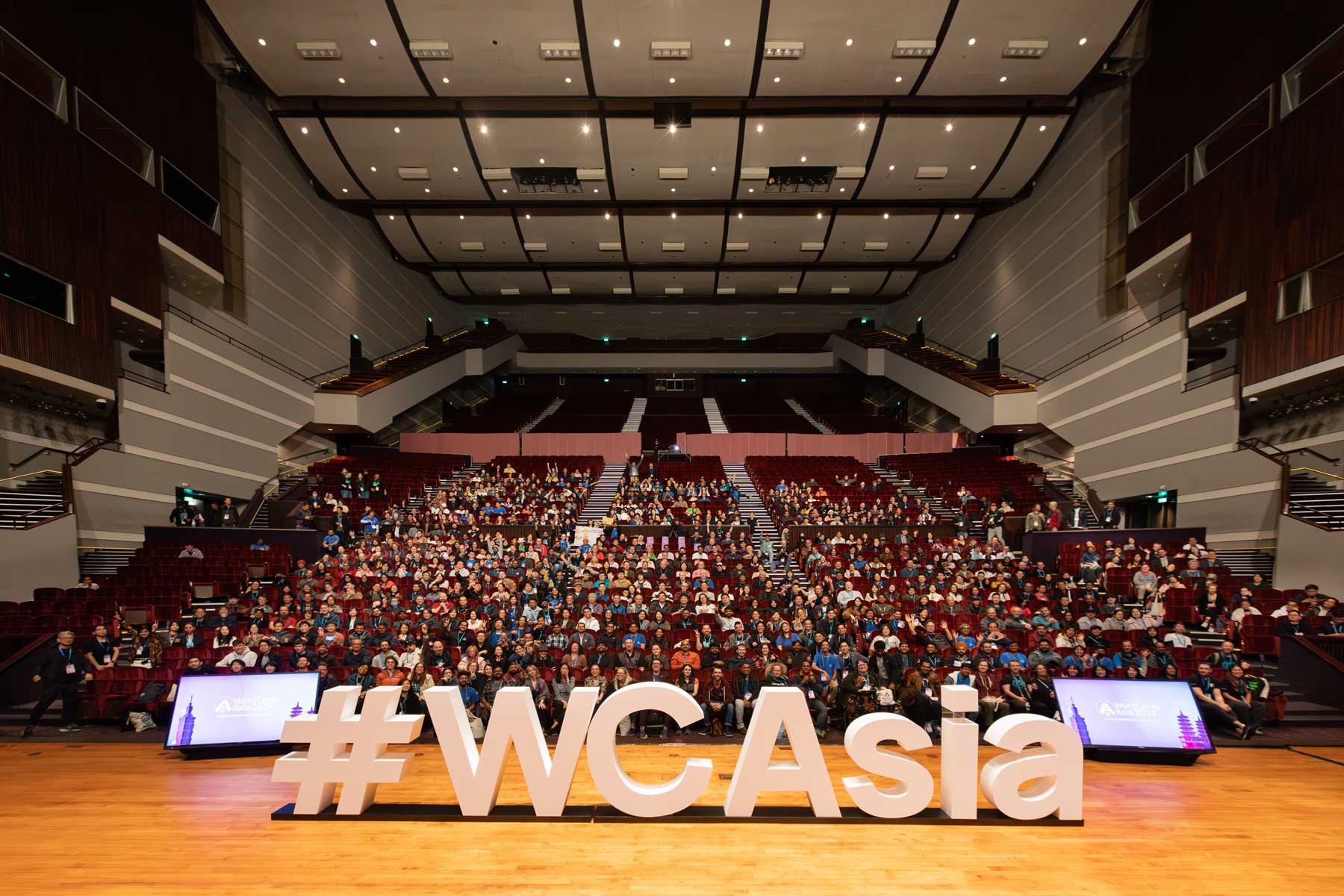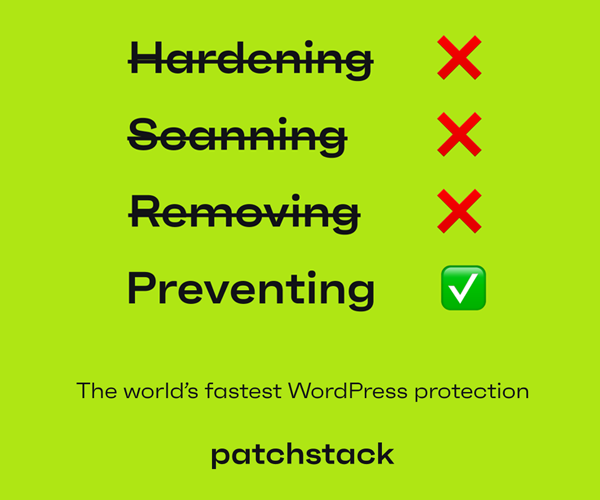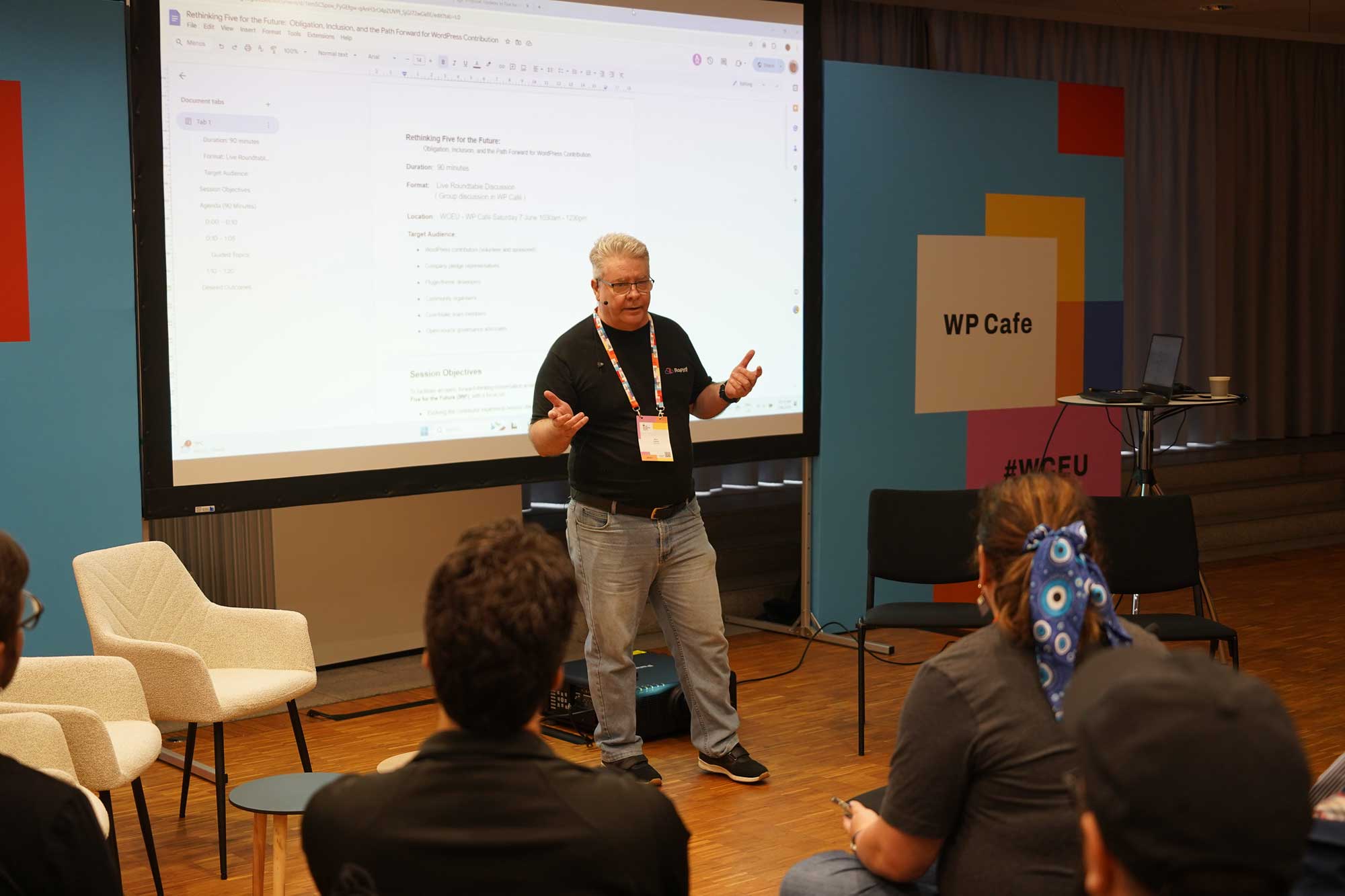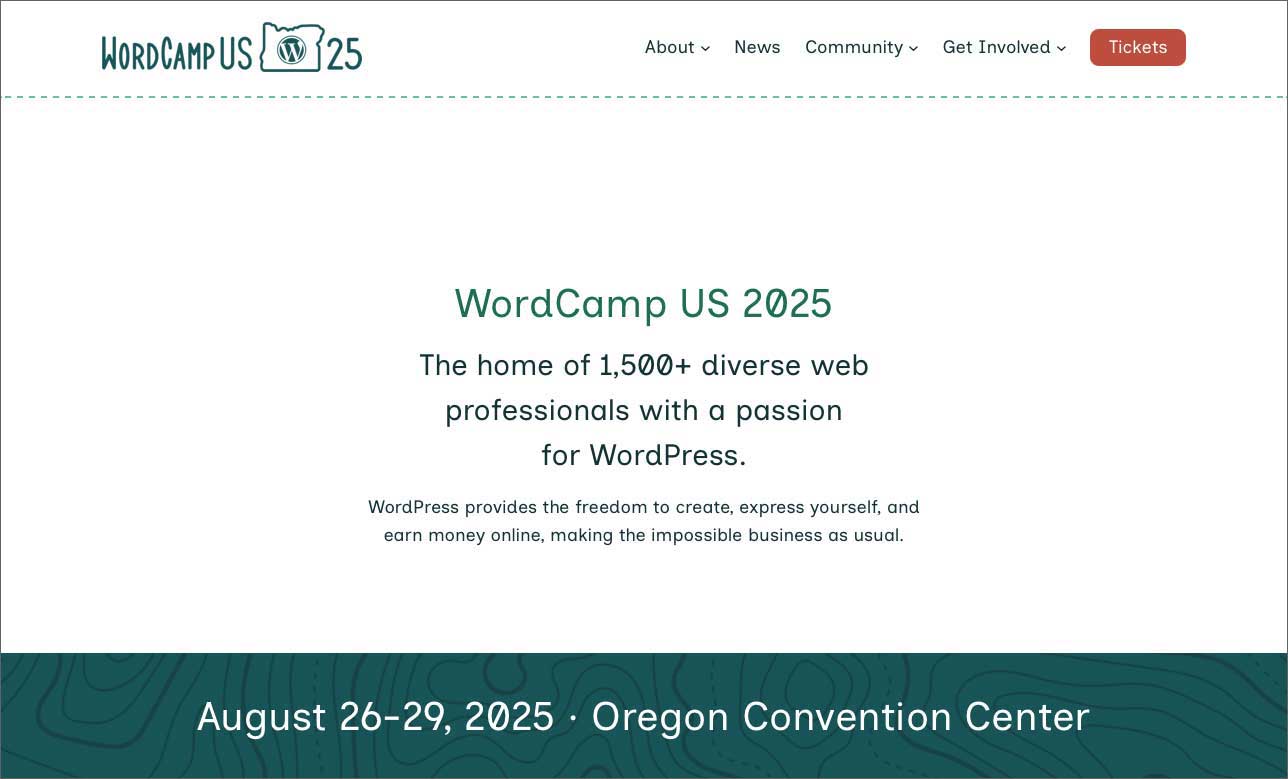WordCamp Asia global leads Shusei Toda and Yuli Yang discuss organizing this year’s event amid ongoing tensions in the WordPress community, the strong support they’ve received from the Philippines’ Department of Information and Communications Technology (DICT), and how the flagship conference continues to evolve while serving the growing WordPress ecosystem in Asia.
Now in its third edition, WordCamp Asia 2025 will take place on February 20-22 in Manila, Philippines, with more than 2,000 attendees expected, including 500+ local participants—the highest number yet. The DICT’s backing highlights the event’s increasing recognition in Asia, reinforcing its role in open source advocacy in the region. This year also marks the launch of YouthCamp, an initiative to engage the next generation of WordPress users and contributors.
We spoke with Shusei and Yuli about WordCamp Asia’s momentum, how they’ve navigated challenges in the community, and their hopes for the event’s future as an important hub for the Asian WordPress community.
Question: What was the organizing team’s vision for this year’s event?
Shusei Toda: Compared to previous years, we’re not necessarily doing anything special. Even though this is our third edition, our vision has always been to create and provide what is best for the community. While the Asian community was acknowledged in the State of the Word and we’ve seen numbers grow, we’re not making any drastic changes. We’ve always aimed to be a hub for growth—people come to WordCamp Asia looking for new opportunities, networking, and learning from others.
Every year, we try to provide as many opportunities as possible for community members in the region. If you’ve looked at the numbers on our website, you can see that attendance has been growing. We want to keep that momentum going while maintaining the essence of what makes this event special.
Yuli Yang: Every year, we try to learn from the past. Now in our third edition, we’re improving based on past experiences and listening to the Asian community. We hear a lot of voices from the community, and we want to be more transparent and improve our communication—not just within the organizing team but also with the broader WordPress community in Asia. We also strive to make our event more inclusive and meaningful for everyone.
Q: What makes WordCamp Asia unique compared to the other flagship events, WordCamp Europe and WordCamp US?
Yuli: That’s a question we get a lot, and honestly, I never have a great answer. We’ve had so many discussions about it. How are we different? Why should people choose to come to WordCamp Asia over WordCamp US or WordCamp Europe? But it’s not just about differentiating from the other flagship events—we also think about how we are different from local WordCamps across Asia.
We try to balance being a big flagship event while maintaining close relationships with local communities. We don’t want to lose the welcoming, community-driven feel. We love to experiment and try new things each year—some things work, some don’t, but that’s how we grow. That’s what makes WordCamp Asia exciting: every year, there’s something new to experience.
Shusei: WordCamp Asia is still young. The official proposal for this event was first made in 2019, and the 2020 edition was canceled due to the pandemic. We finally made it happen in 2023, and now we’re heading into our third edition.
Our goal has always been to make WordCamp Asia accessible to people who may not be able to attend WordCamp US or WordCamp Europe because of cost or travel restrictions. In 2023, I had the privilege of attending all three flagship events, and I learned so much from meeting people from different cultures. We want to bring that experience to people in Asia.
We also learn from the other flagship WordCamps. We look at their past events, review what worked well, and what didn’t, and apply those lessons to WordCamp Asia. This year, one thing we’re introducing is YouthCamp—other WordCamps have had “KidsCamp,” but we wanted to make it more inclusive for teenagers. We debated how to define “kids” and felt that rebranding it as YouthCamp, with an age limit up to 17 would be more appropriate.
Q: WordCamp Asia 2025 will be held in Manila, Philippines. How will the event put the spotlight on the Filipino WordPress community?
Shusei: The Philippines has a young population—the median age is around 26 or 27—and over 100 million people. We see a lot of potential growth for WordPress in the tech industry here. We’ll share final attendance numbers after the event, but we already have more than 500 local attendees, which is amazing.
During our research, we also discovered that Manila hosted the first-ever WordCamp in Southeast Asia in 2008. That was a nice historical detail to learn. It’s great to bring the flagship event back to a city that played such an important role in the early days of WordPress in the region.
Yuli: This year, we also have support from the Philippines’ Department of Information and Communications Technology (DICT), which is exciting. Having a government agency recognize the impact of open source and WordPress is a strong indicator of WordCamp Asia’s influence in the region. We also recently announced our fourth invited speaker, Atty. Jocelle Batapa-Sigue, who is the Undersecretary of DICT and a leading advocate for the development of the tech industry in the Philippines.
We’ve also seen local attendance grow year after year. In 2023, local attendees in Thailand made up about 11-12% of total attendance. In 2024, in Taiwan, it was 23%. This year in the Philippines, it’s already over 30%. That’s a huge jump.
Q: WordCamp Asia is the first flagship WordCamp since WordCamp US 2024 and WordPress co-founder Matt Mullenweg’s controversial keynote address. Have those tensions had any impact on organizing or planning this event?
Shusei: To be honest, yes, it has been different. This year, we’ve faced more challenges, and I’ve received a lot of messages from friends in the community checking in on me, asking, ‘Are you okay? Is everything alright? Is WordCamp Asia still happening?’
The whole organizing team has felt the impact, but rather than seeing it as a difficulty, we took it as an opportunity to pull together. Whenever something came up, our 72 organizers worked as a team to tackle the issues. We had open discussions in Slack, jumped on Zoom calls to talk things through, and focused on solutions rather than problems. There was never a moment when Yuli or I had to step in and calm people down—everyone has acted like professionals and just got on with it.
Yuli: Despite everything that has been happening, I’ve been really inspired by how the organizing team has handled things. We come from 14 different countries, and that means different cultural perspectives on work, communication, and problem-solving. But we’ve learned to trust each other and respect our differences. That trust is what made organizing this event successful despite the tensions in the wider community.
Q: Have you noticed any shifts in speaker applications, sponsorship interest, or ticket sales due to the current drama?
Yuli: Despite everything, sponsorship has been strong—this year, we raised more than last year. We also received more speaker and volunteer applications than before. Ticket sales have been higher than last year.
Shusei: Our momentum is still strong. More media partners, more sponsors, and more enthusiasm from the community. We’re getting more inquiries from people asking if they can bring their whole company, or if they can attend with their kids. The enthusiasm is there, and we’re seeing growth across the board.
Q: Joost de Valk, founder of Yoast SEO and Director of the new Post Status board, has been removed from the schedule. Can you talk through what happened?
Shusei: As organizers, we don’t actually make those kinds of calls ourselves. That decision was made by WordCamp Central, and we have to respect that decision. It was quite a shock when we were informed that Joost would no longer be attending, and the program team had to move quickly to find an alternative. But what stood out to me was how fast they adapted. Within 20 minutes, the conversation shifted from ‘What do we do now?’ to ‘Here’s how we adjust.’ It was a reminder of how strong our team is and how committed we are to making this event successful, no matter what changes come our way.
Question: What are your hopes for WordCamp Asia’s future and its role in the broader WordPress ecosystem?
Shusei: Looking at the numbers and the energy behind the event, WordCamp Asia is continuing to grow as a hub for the community. It’s bringing together diverse voices, fostering innovation, and increasing inclusivity in the WordPress ecosystem. We’re not just focused on Asia—we’re building connections worldwide.
Yuli: We hope that WordCamp Asia continues to shape the future of WordPress and open source in the region. With governments, like the DICT in the Philippines, showing interest and support, we’re seeing real recognition of WordPress’s impact beyond just tech communities. That’s huge.
Question: Finally, what are you most looking forward to at WordCamp Asia?
Yuli: The afterparty!
Shusei: I want attendees to feel energized, inspired, and connected. I hope they leave with new ideas, new friends, and a renewed excitement for the WordPress community.
The Repository is a proud media partner of WordCamp Asia 2025.








